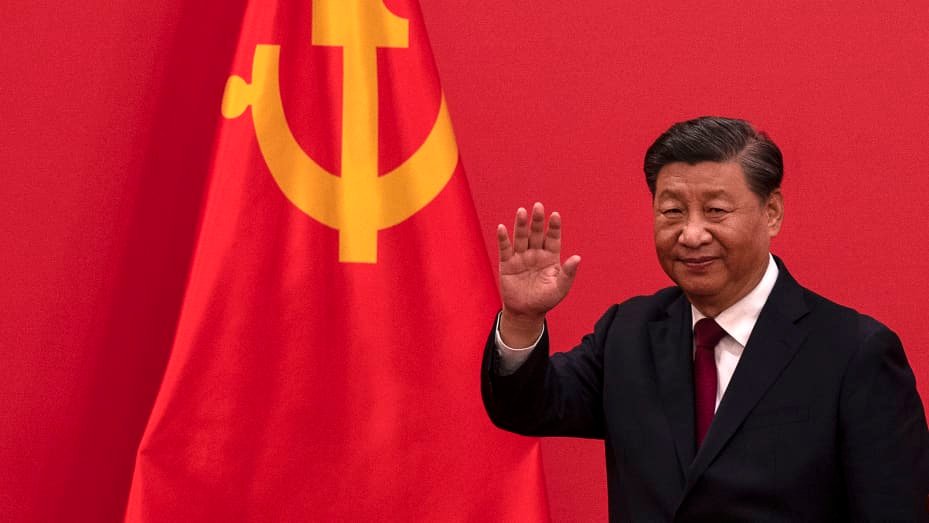Last updated on August 8, 2023
In order to prevent a problem from escalating into a full-blown crisis, it is crucial for the government to take timely and decisive action. Government intervention plays a vital role in mitigating the impact of various issues, ranging from economic downturns to public health emergencies. By recognizing the signs of a looming crisis and implementing appropriate measures, governments can effectively address the root causes and protect the well-being of their citizens.
One area where government intervention is essential is in managing economic crises. During a financial downturn, such as a recession or a market crash, it is the responsibility of the government to step in and implement measures to stabilize the economy. This often involves implementing fiscal policies, such as stimulus packages or regulatory changes, to stimulate economic activity and restore confidence in the markets. By doing so, governments can prevent the crisis from deepening and reduce the negative impact on businesses and individuals.
Furthermore, government intervention is crucial when it comes to public health crises. In situations like pandemics or outbreaks of contagious diseases, the prompt response from the government is crucial to prevent the spread of the disease and minimize its consequences. Governments need to provide adequate funding for healthcare systems, enact emergency measures, and disseminate accurate information to the public. By implementing strategies like widespread testing, contact tracing, and vaccination campaigns, governments can effectively prevent the crisis from spiraling out of control and protect the health and well-being of their citizens.
Moreover, government intervention is necessary to address social crises that arise from issues such as poverty, inequality, or discrimination. These crises can lead to social unrest, violence, and a breakdown of societal norms. It is the responsibility of the government to address these root causes, through policies that promote social justice, equal opportunity, and inclusivity. By investing in education, healthcare, and social welfare programs, governments can prevent these crises from worsening and promote a more harmonious and equitable society.
In conclusion, government intervention is crucial in preventing problems from escalating into full-blown crises. Whether it is in the economic, public health, or social realm, governments play a vital role in recognizing the warning signs and implementing appropriate measures to address the root causes. By doing so, governments can protect the well-being of their citizens and maintain stability and prosperity in their nations.
Image: https://weeklyfinancenews.online/wp-content/uploads/2023/08/china5.jpeg




Comments are closed.